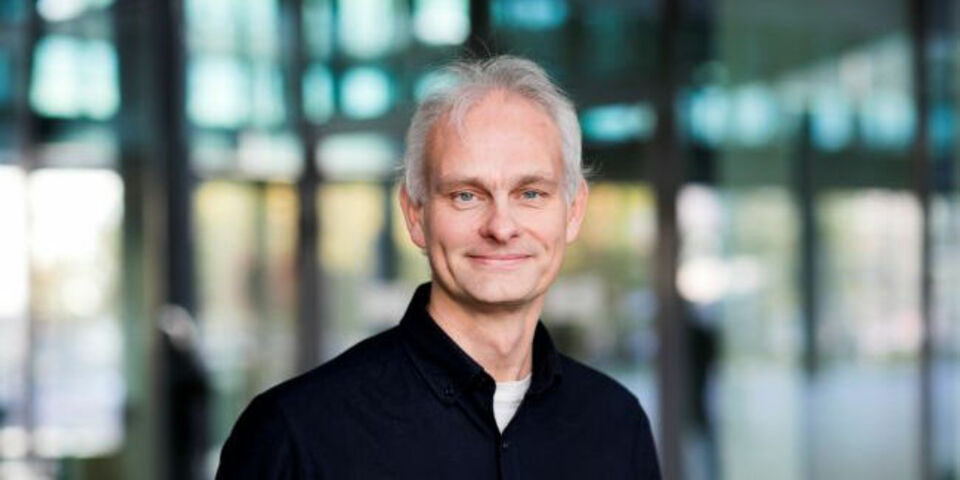Gravitation Grant for Jan van Hest’s polymer materials
ICMS director Jan van Hest is one of the recipients of an important sum of government funding for the next ten years. Seven scientific consortia have each been awarded between 15 and 22 million euros in so-called Gravitation funding for research that individual universities could never afford themselves.
The cabinet has allocated over €142 million in research funding from the Gravitation program. The money was divided by research funder NWO, which received forty applications for funding. Fifteen consortia were invited for an interview.
One of the selected consortia is supervised by full professor and Spinoza Prize winner Jan van Hest. With the new Interactive Polymeric Materials (IPM) Research Center, he wants to develop a new generation of intelligent, dynamic polymers.
Turning point
“It’s impossible to think of a world without polymer materials, or plastics. Without these materials, we would never have reached our current life expectancy and prosperity levels. Current polymer materials, however, can often perform just one static function. At the same time, the amount of plastic waste is growing exponentially. In 2021, we’re at a turning point,” NWO says on its website.
On that same website, Jan van Hest says the following: “In the new Interactive Polymeric Materials Research Center, we will develop a new generation of intelligent, dynamic polymers. These polymers will perform significantly better due to their interaction with the environment, and they are easy to break apart and use again. Undeniably essential for 21st-century applications.”
The seven research projects that have been selected by NWO for the €142 million grant vary significantly. One Gravitation Grant was awarded to biologists and technology developers for research into imagining (and manipulating) cells in sick and healthy tissue with the aim of creating new treatments for diseases.
Another consortium aims to study how young people grow up and develop in education and their social environment. This project is a collaboration between neuroscientists and behavioral scientists. Other researchers from various universities have investigated algorithms and ethics, new polymers, materials for quantum computers and stress in daily life.
Ten years
The consortia will use the money to carry out their research activities during a ten-year period. This breaks down to approximately two million euros per year. The Gravitation program was launched in 2012. There have been five funding rounds in total so far, a sixth will follow next academic year.
In comparison, the highest Dutch award in science, the Spinoza Prize, is worth 2.5 million euros and isn’t given out ten consecutive years. It does turn out, however, that the three main applicants in this round are also former Spinoza Prize winners: Anna Akhmanova (Utrecht), Eveline Crone (Rotterdam) and Jan van Hest.


Discussion